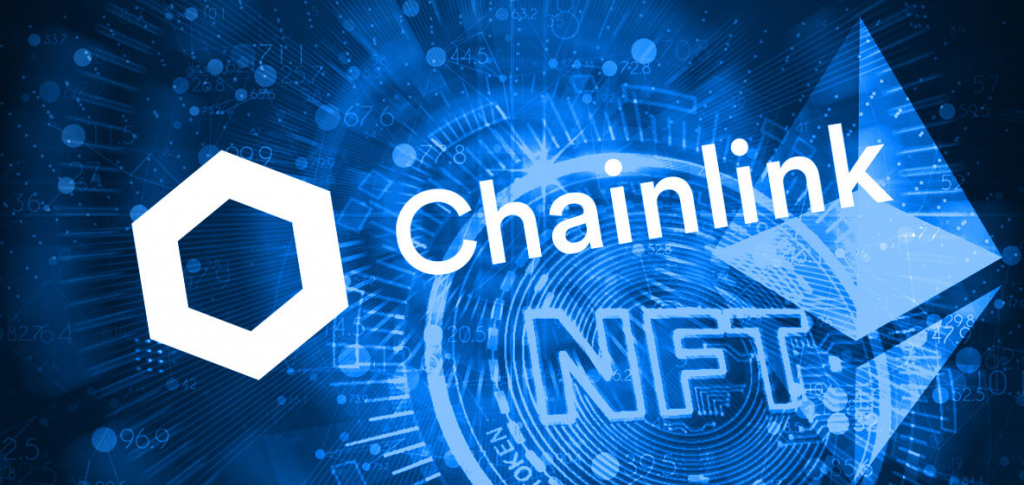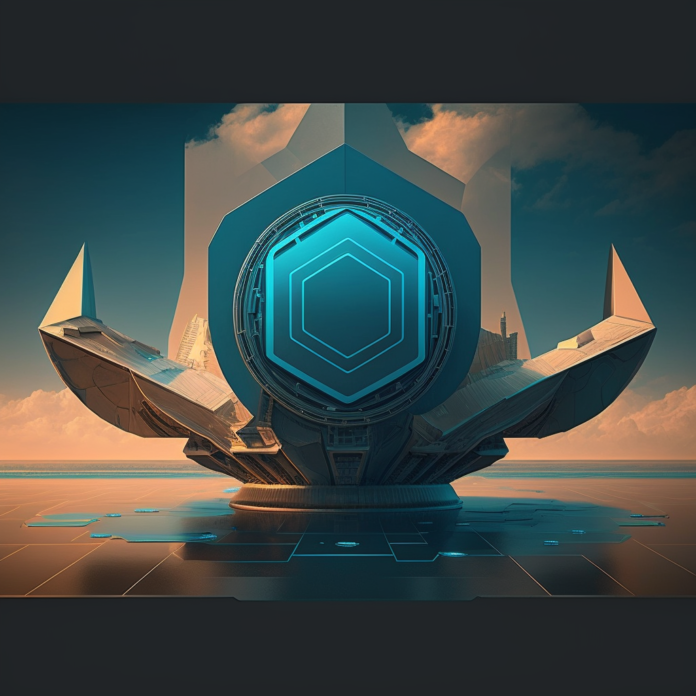Chainlink, a leading blockchain technology company, has recently introduced NFT lending and renting, taking the potential of NFTs far beyond mere ownership and investment.
NFT Lending and Renting Explained
Chainlink’s NFT lending and renting concept is simple yet groundbreaking. Players can lend out their in-game assets, such as characters or virtual land, to other players in exchange for a certain amount of money as a reward. This move is another potential source of revenue for developers, according to Chainlink.
Borrowers can use these assets without buying them, while lenders earn extra cash from the fees that borrowers pay. It’s a win-win situation for both parties. Additionally, borrowers can flaunt their cool NFTs as status symbols online.
Types of NFT Lending and Renting
There are two main types of NFT lending and renting: collateralized and uncollateralized.
Collateralized NFT Lending: Borrowers must provide some form of collateral, usually cryptocurrency or another NFT, to ensure they can pay back the value of the NFT they’re borrowing. This is facilitated through a lending smart contract that ensures everyone plays by the rules.
Uncollateralized NFT Lending: This doesn’t require any collateral. Instead, lenders rely on trust and reputation systems to determine if the borrower is trustworthy enough to pay back the borrowed NFT. This setup usually comes with higher interest rates since the lender is taking on more risk without collateral.
The FABLE exhibition and charity event was like a page from a storybook 🎭
Thank you to @chainlink for sponsoring the event, @LaurenceFuller for curating the enchanting evening, and to all the artists that contributed:@Henrikaau @tania_rivilis @vwestphoto_nb @TheJoeWhale… pic.twitter.com/PeILSAMf6x
— Orange Comet (@OrangeCometNFT) April 21, 2023
Upside to Chainlink Introducing NFT Lending and Renting
One of the most significant benefits of renting an NFT is access to special perks and utilities that come with owning that NFT, such as exclusive content, communities, events, or the ability to create another NFT.
Renting an NFT is an affordable way to enjoy these perks without buying the NFT. NFT owners can earn income on their NFTs, which might otherwise sit in their wallets.
For gamers, renting out their in-game assets to other players can be lucrative. Borrowers get access to NFTs for a short period, allowing them to test new gameplay and access rare in-game items and experiences. It’s a win–win for everyone involved.
Game developers can also benefit from NFT lending by creating their own lending marketplaces that let players transact with in-game assets. This can generate a new revenue stream for developers without having to charge players for downloadable content.
Conclusion
Chainlink’s NFT lending and renting could revolutionize the blockchain gaming industry by creating a new revenue stream for developers and allowing gamers to access exclusive in-game assets. With the potential to earn billions of dollars, this is a game-changer that is worth keeping an eye on.




